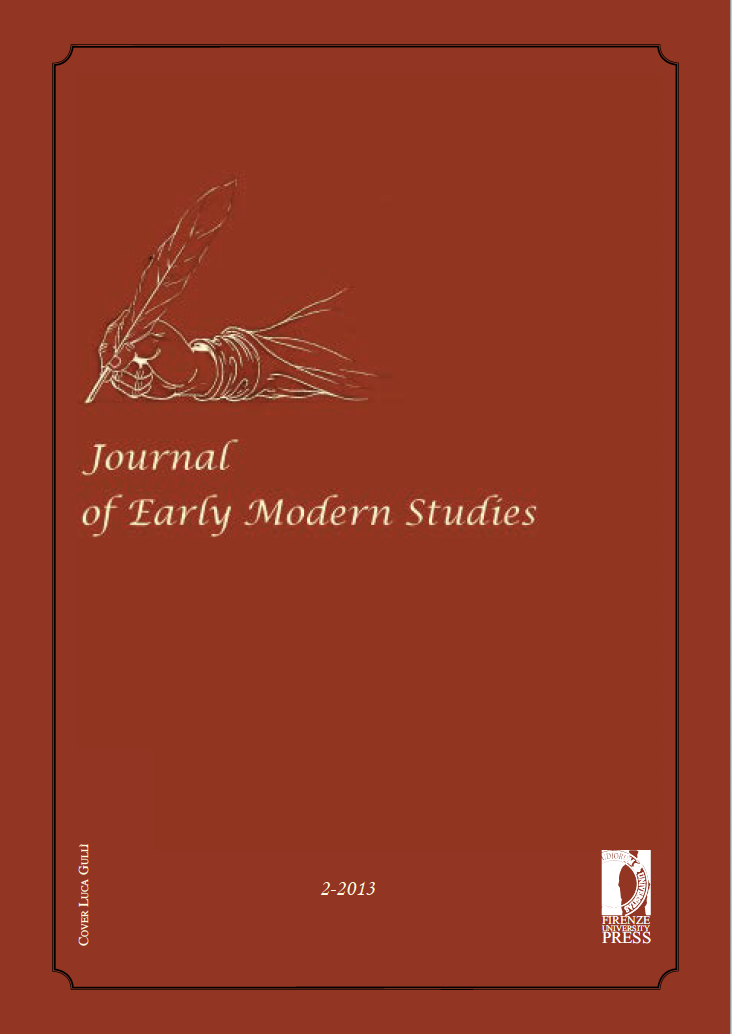Abstract
‘Popular’, ‘culture’ and ‘folk’ are discussed by Raymond Williams as highly charged keywords: semantically, historically and from the point of view of the various areas of research which have adopted them in their denominations. The elusive character of these terms is reflected in the many problems we encounter when exploring the field of popular culture studies. In particular, since the 1980s, neo-Marxist cultural studies historians have claimed the label of ‘popular culture’ for the sole study of post-industrial commercial phenomena. This exclusive identification and the comparative disregard of research on pre-industrial popular cultures has become a doxa in the so called ‘cultural studies approach’ and has also affected the field of Shakespearean studies, where ‘popular’ is almost exclusively connected with the ‘afterlife’ of Shakespeare’s plays and their appropriation by the modern media. This article discusses what has been considered an ‘elision of the past’ performed in many recent studies, at the same time suggesting that socio-historical research on the pre-industrial and pre-commercial culture of ‘the people’ implies the reading of entirely different ‘texts’ and their different mode of transmission than the study of modern and late modern manifestations of ‘popular’ commercial products and their reception; and that, therefore, it requires the adoption of entirely different paradigms and methods of analysis.


